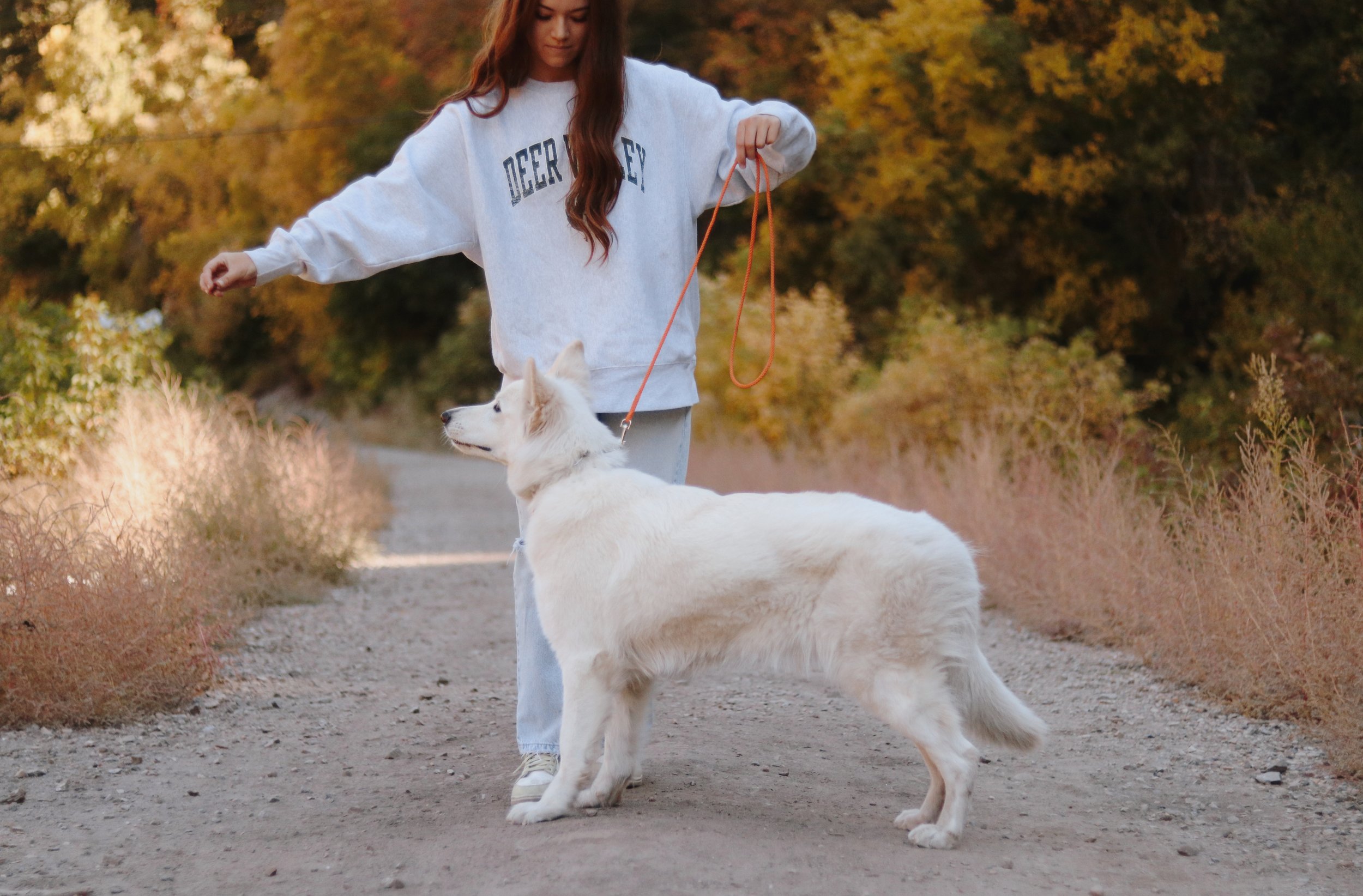
Frequently Asked Questions
-
I bought Callie with the intention of starting an ethical breeding program without being fully educated in this breed’s pedigrees, temperaments, and structure and without a mentor. Because of this I made many mistakes, ate the costs associated, and have spayed Callie in March of 2025.
Being an ethical breeder is a promise to the dogs we have now and a commitment to the pets of the future. Being ethical is a choice made every day and one of so much respect towards these animals.
In this day and age, everyone has this knowledge at their fingertips and while some choose to ignore it, I will always continue to kindly educate and advocate for ethical breeders and breed preservation.
We learn, we grow, we mature, and we love. The beauty and happiness and hard work behind the scenes of all of these dogs is my reason.
-
We are located in Utah, USA and a short 15 minutes from Salt Lake City.
-
To be added on the waiting list for a puppy or specific litter, please visit my application page and fill out the questions to the best of your ability. From there, I will contact you and begin a series of “interviews” which include a phone call, Zoom meeting, and lots of conversations. After you have been vetted, I will add you and your family to the waiting list. Once the puppies have been born, I will require a $1,000 deposit to confirm your hold on a puppy.
-
I value even temperaments, sound training, and socialization above all. Because of this, I made the decision to ensure Margaux is well-rounded in all aspects before we begin her conformation and sports career. We will be working on her titles as soon as possible. Otherwise, she is a wonderful representation of the White Swiss Shepherd breed.
-
At the moment, no. We do not own any males, however, I am more than happy to recommend other breeders who have males available for studding!
-
At Ivory Arch Shepherds, our puppies are priced at $5,000. A $1,000 deposit is required to reserve a puppy; this deposit is nonrefundable but can be transferred to a future litter.
Typically, White Swiss Shepherd puppies range between $3,000–$5,500. These prices fluctuate based on the costs of importation, titling, and health testing.
If you’d like more information about our pricing, what’s included with an Ivory Arch puppy, or anything else, feel free to reach out!
-
Short answer—YES.
Long answer—White Swiss Shepherds, like all double coated dogs, go through shedding periods throughout the year. Typically, they shed more heavily around seasonal changes, like spring and fall. Females tend to blow their coat just before or during their heat cycles as well but these dogs shed all day, every day.
If you want to reduce the amount of daily shedding, brushing them a few times a week works wonders. Just be prepared to never escape their fur.


